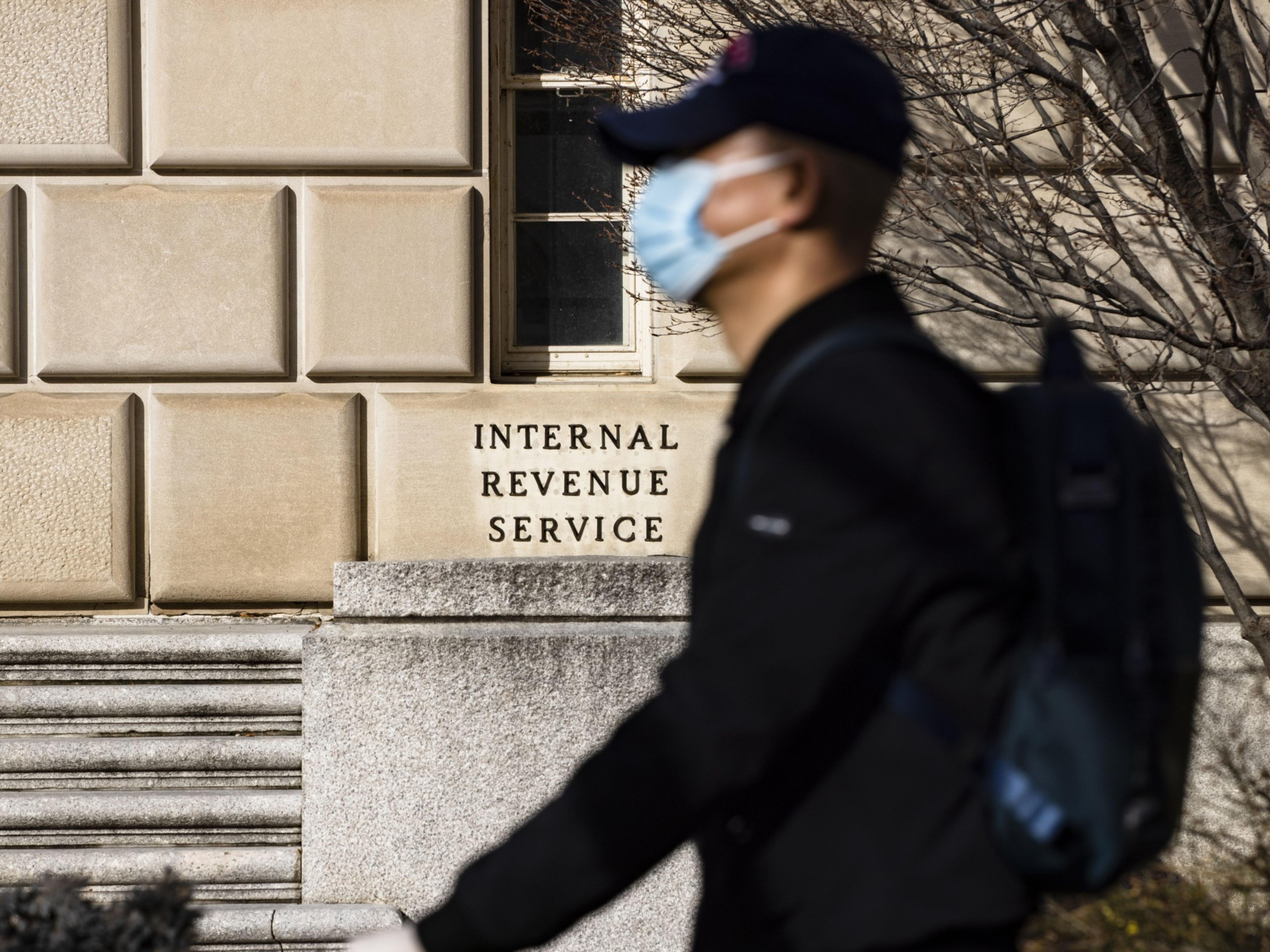
What to Know About Tax Deductions for PPP Borrowers
With the New Year comes cause for many celebrations, but it also comes with new headaches — not the least of which is tax season. Throughout the past few months, it felt like Congress and the IRS were constantly butting heads with one another about whether or not business expenses paid for using Paycheck Protection Program (PPP) loan money could still be considered tax deductible.
For weeks, it seemed that the IRS would come out on top with its mantra of “no way, no how,” but Congress — in a welcome surprise — seemed to have pulled off a Christmas miracle, declaring that the whole point of PPP loans was to provide finances for key business expenses, such as wages and rent or mortgage payments. As such, PPP loans that can be forgiven will not be considered as part of a business’s income, but now businesses are also assured that regular tax deductions can be claimed even on expenses paid for using money from PPP loans.
New COVID-19 Relief
On December 21, Congress passed the latest COVID-19 relief bill. This latest iteration of the bill states that “No deduction shall be denied or reduced, no tax attribute shall be reduced, and no basis increase shall be denied, by reason of the exclusion from gross income provided by [the loan forgiveness provision that says forgiven PPP loans will not count as income].” The full legislative text of the bill can be found here.
Though numerous other aspects of the bill are still being debated , such as Senator Bernie Sanders’s filibuster of Senate Majority Leader Mitch McConnell’s refusal of $2,000 stimulus checks per working American adult — Congress seems to have had the last word as far as reversing the hardline stance of the IRS from earlier this year on refusing to include forgiven PPP loans as tax-deductible income, even though the loans do not count as business income themselves.
Small businesses and business owners have been pleading with Congress for months to release a fresh round of COVID-19 relief, as millions throughout the country are still feeling the ramifications of the 2020 pandemic. Many elected officials in Congress have even found themselves infighting over the last couple of months, as McConnell butts heads with Democrats and Republicans alike during negotiations for the latest bill.
Details of the Relief Bill
Thankfully, both parties have come to a new agreement, and the bill is packed with a number of measures that American businesses have been asking for, including:
- A fresh round of PPP loan distribution, with roughly $284 billion appropriated, as well as expanded eligibility for nonprofits that fall under 501(c)(6) classification, such as county chambers of commerce, which were not included in prior rounds of PPP distribution. There is also an inclusion for businesses that have suffered “severe” reductions in their 2020 year-over-year (YoY) revenue, allowing them to apply for a second PPP loan.
- Business expenses paid for with money given through PPP loans will be considered tax deductible, officially reversing the IRS’s decision on the matter made earlier in the year. The ability to deduct expenses if paid for with PPP loans had been the focus of intense lobbying by small business groups.
- An additional $20 billion in funds allocated for the Economic Injury Disaster Loan Program.
- A $15 billion support program for businesses such as concert and live performance venues, museums, and theaters, which have endured significant losses in year-over-year revenue as a direct result of COVID-19.
- Approximately $9 billion allocated for community development financial institutions and minority deposit institutions.
- The potential inclusion of meals to be considered as a “deductible business expense” for two years.
Overall, the details of the new COVID-19 relief bill seem overwhelmingly positive for small businesses and the Americans who own them. By knocking down the IRS’s barrier walls to spearhead tax-free deductions on forgiven PPP loans, Congress has given American businesses a fresh glimmer of hope at the advent of the New Year looking toward the upcoming 2021 tax season. But many businesses are still not quite out of the woods yet.
As of December, 2020, 25% of business owners claimed they may have to close if the American economy doesn’t improve, let alone stabilize, within the coming months. Of those same business owners interviewed, less than half believe the economy will recover enough in 2021 to meet similar performance metrics to those seen pre-pandemic. Another 36% said they didn’t expect to see economic recovery return to pre-pandemic levels until 2022, and 13% believe it will take until 2023 or later to see stable economic recovery.
Because of the unique complexities and relative uncertainty still hovering over many aspects of PPP loan forgiveness and tax-deductible qualities, it is highly recommended that each business owner speak with their CPA or business tax professional to understand how these aspects can directly impact their business, as well as employees, shareholders, and performance.
Glenn Sandler is the founder and CEO of G.I. Tax.
